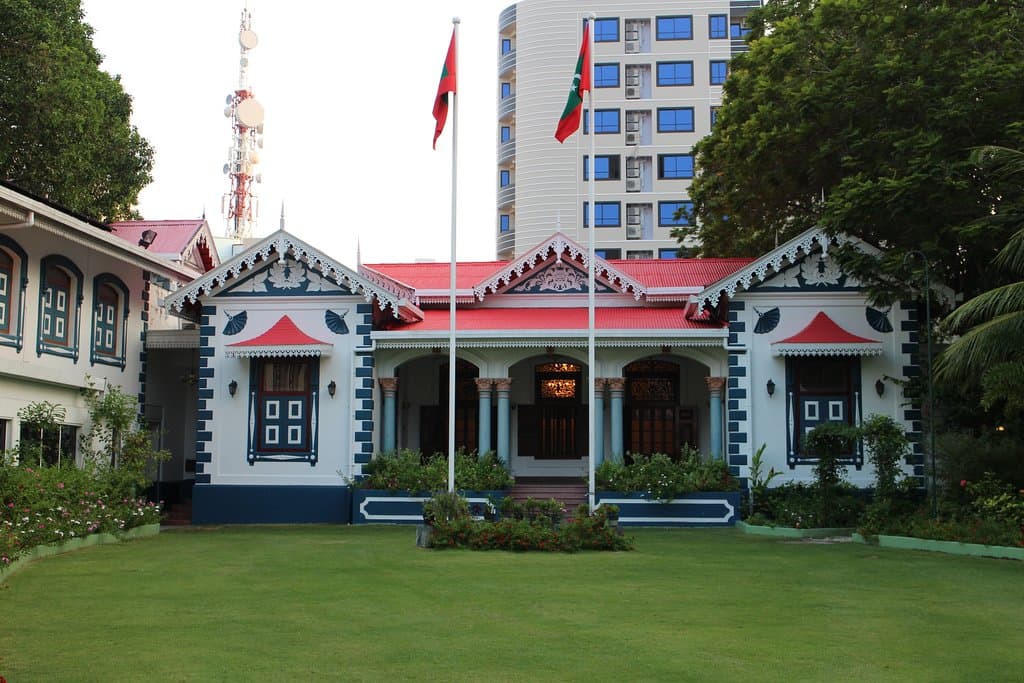
Medhu Ziyaaraiy
The tomb of the scholar credited with introducing Islam to the Maldives, a site of deep historical and spiritual significance.

Highlights
Must-see attractions

Social
From TikTok & Reddit
Best Time
Avoid midday heat

Medhu Ziyaaraiy
Best Time
Avoid midday heat

Highlights
Must-see attractions
The tomb of the scholar credited with introducing Islam to the Maldives, a site of deep historical and spiritual significance.
"A place of deep historical and religious importance, offering a glimpse into the nation's spiritual origins."
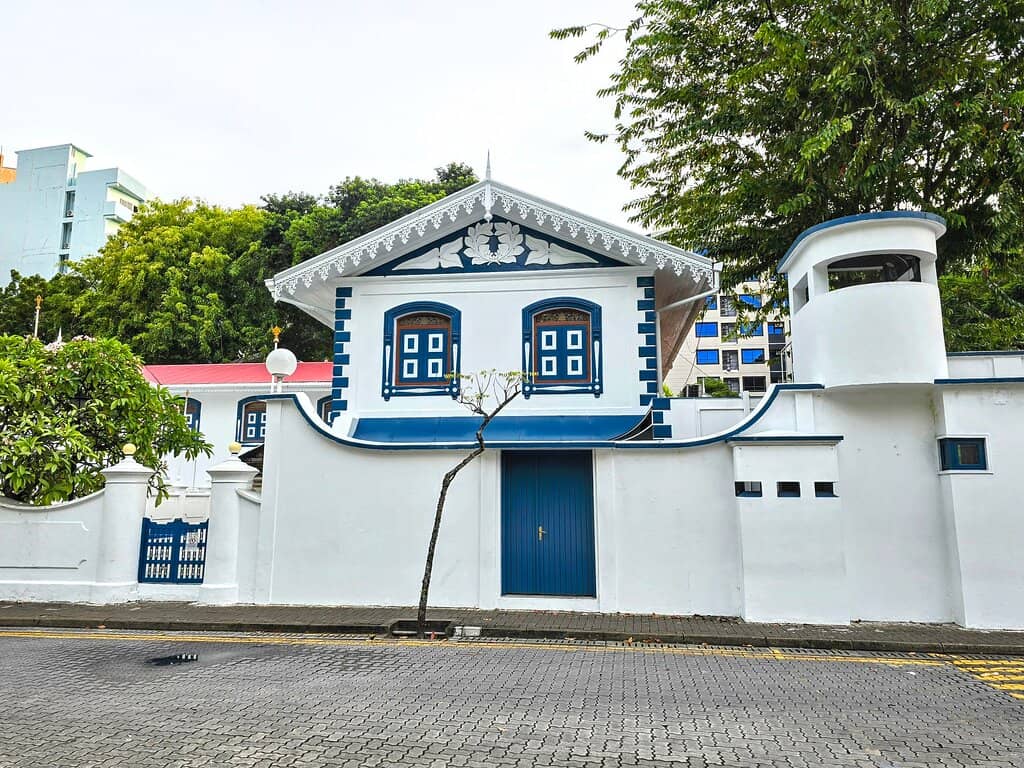
Dress Modestly
Cover shoulders and knees out of respect for this sacred site. :pray:
Learn the History
Understand the story of Islam's introduction to the Maldives before you visit. :books:

Highlights
Discover the most iconic attractions and experiences
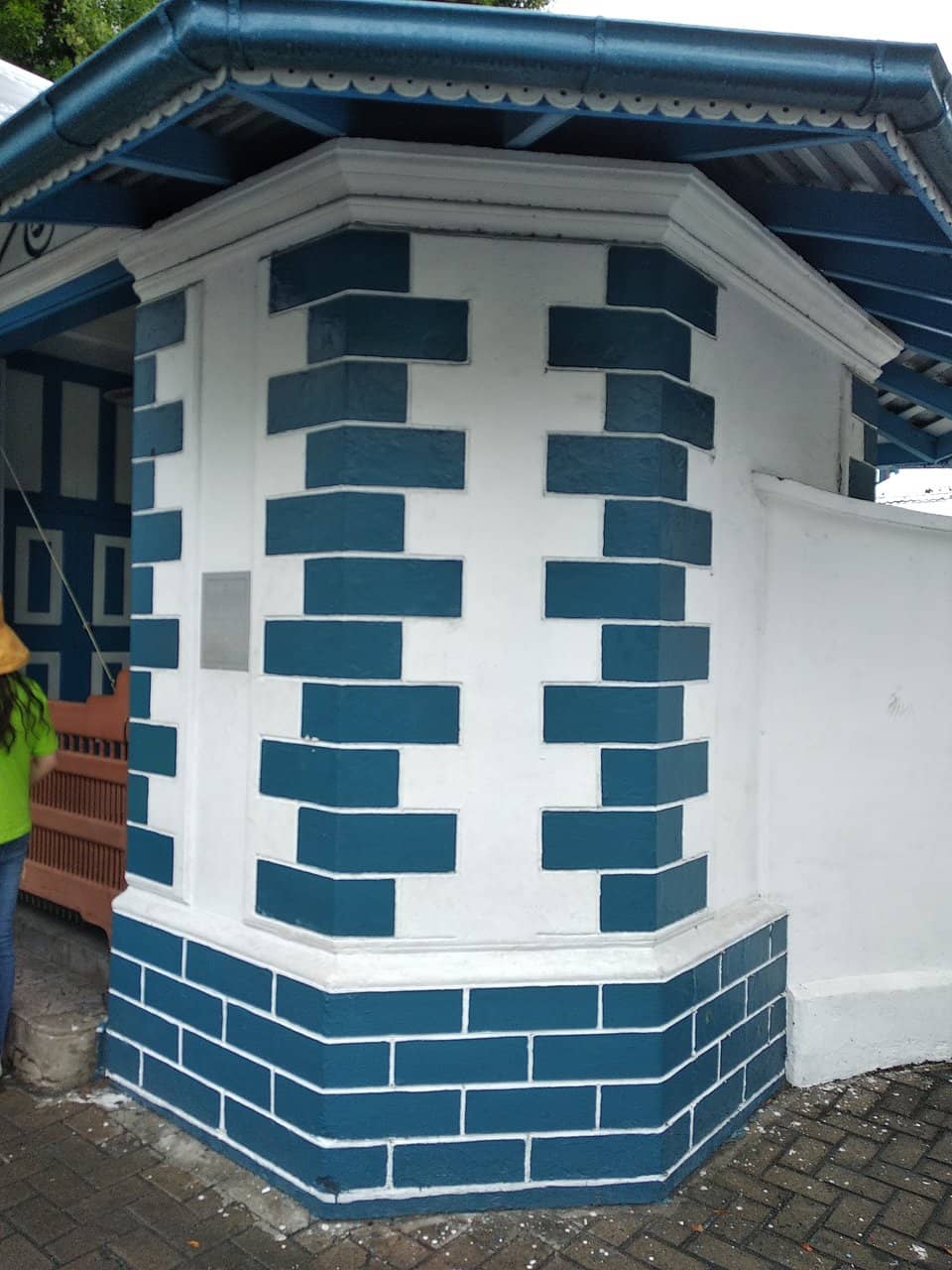
Tomb of Abdul Barakat Yoosuf Al Barbary
Malé
The central white mausoleum, believed to be the resting place of the scholar who brought Islam to the Maldives.
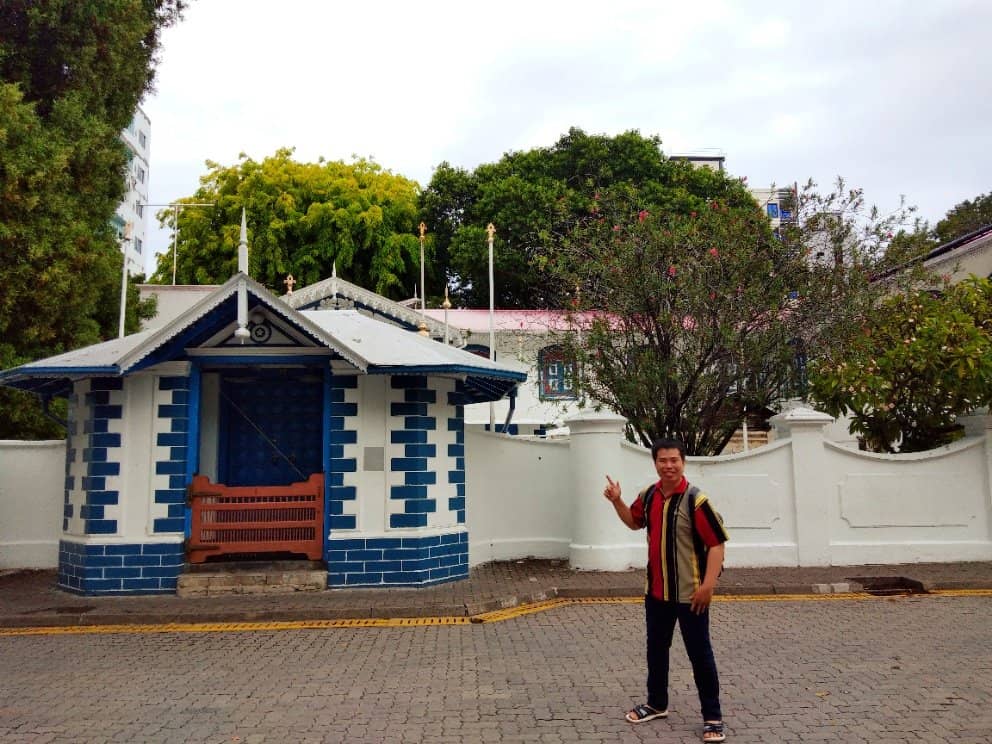
Adjacent Sultan's Tomb
Malé
The tomb beside Medhu Ziyaaraiy, belonging to an old Sultan of the Maldives, adding to the historical layers of the site.

Historical Inscriptions
Malé
Look for ancient inscriptions on wooden tablets and carvings that tell the story of Islam's arrival in the Maldives.
Plans like a pro.
Thinks like you
Planning Your Visit
Understand the Historical Significance
Respect Local Customs and Practices
Best Times
Insider Tips
from TikTok, Instagram & Reddit
Dress Modestly
Cover shoulders and knees out of respect for this sacred site. :pray:
Learn the History
Understand the story of Islam's introduction to the Maldives before you visit. :books:
Respectful Photography
Be mindful when taking photos; avoid intrusive shots. :camerawithflash:
Quiet Reflection
This is a place for quiet contemplation, not loud tours. :personinlotus_position:
Tips
from all over the internet
Dress Modestly
Cover shoulders and knees out of respect for this sacred site. :pray:
Learn the History
Understand the story of Islam's introduction to the Maldives before you visit. :books:
Respectful Photography
Be mindful when taking photos; avoid intrusive shots. :camerawithflash:
Quiet Reflection
This is a place for quiet contemplation, not loud tours. :personinlotus_position:
What Travellers Say
Reviews Summary
Visitors find Medhu Ziyaaraiy to be a site of significant historical and religious importance, offering a glimpse into the introduction of Islam to the Maldives. While some note the historical debates surrounding the scholar's identity, the overall experience is one of quiet reverence and cultural insight. It's a peaceful stop for those interested in the nation's origins.
"Mausoleum of Maulana Al-Hafiz Abul Barakaath Yoosuf Al-Barbari, the man who brought Islam to Maldives. The white building is Maulana’s while the one beside is one of olden sultan of Maldives."
Ashraff Ismail
"Medhuziaaray Or Central Shrine / Mausoleum Was A Really Great And Interesting Shrine, I've Interested In Shrines Since 2020, It Was Amazing And Really Interested The History About How Maldives Converted To Islam In The 12th Century From Moroccoan Hafiz, But Sadly I Haven't Seen The Grave Of Abu Bakr & I Only Saw The Shrine That 2 Graves, I Recently Heard About Long Time Ago, Many People Went To Medhuziaaray For Offerings, Incense Burning And Prayers, But The Government Of Maldives Has Banned Those Practices That Lead To Shrik Starting 1957, In 2010 On The Day That Maldives Embraced Islam, More Than 3,000K + Locals Went To Medhuziaaray For Visiting Historical Places."
Samaan's Life
"Situated near the great Hukuru Miskiiy in Maldives, Medhu Ziyaaraiy is the tomb of the famous Morocco scholar Abdul Barakat Yoosuf Al Barbary who is credited for the advent of Islam in the Maldives during 1153 AD. The tomb is a symbol of peace which prevails among the Maldivian population.
According to folklore, Abdul Barakat Yoosuf Al Barbary helped the people of the Maldives get rid of the sea demon to escape from whose wrath, every month, a virgin girl was left alone for him in the temple, only to be found dead the following day. As Abdul Barakat freed the Maldivians from the terror of the demon Rannamaari, the king agreed to convert himself and his people to Islam. Since then, people visit Medhu Ziyaaraiy to show respect towards Abdul Barakat for he enlightened their lives with the torch of Islam."
Sourav De
What People Like
What People Dislike
Frequently Asked Questions
🚇 🗺️ Getting There
Medhu Ziyaaraiy is located in the heart of Malé, near the Hukuru Miskiiy (Grand Friday Mosque). It's easily accessible by walking from most central locations in the capital city. If you're arriving by ferry from another atoll, it's a short walk from the ferry terminal.
Parking in Malé is extremely limited and challenging. It's best to rely on walking or using local taxis to get close to the area, then proceed on foot. :taxi:
Taxis can get you very close to the Hukuru Miskiiy area, where Medhu Ziyaaraiy is situated. From there, it's a short walk to the tomb itself. :car:
🎫 🎫 Tickets & Entry
No, there is no admission fee to visit Medhu Ziyaaraiy. It is a historical and religious site open to the public. :ticket:
Medhu Ziyaaraiy is generally accessible during daylight hours. However, it's advisable to visit outside of prayer times to ensure a peaceful experience. :clock1:
Yes, a modest dress code is expected. Visitors should cover their shoulders and knees out of respect for the religious significance of the site. :scarf:
While it's a place of reverence, traditional practices like offerings and incense burning have been banned since 1957. Visitors can offer personal prayers quietly. :person_praying:
🎫 🧭 Onsite Experience
Medhu Ziyaaraiy is the tomb of Abdul Barakat Yoosuf Al Barbary (though some evidence suggests Sheikh Yusuf Shamsuddin of Tabriz), the scholar credited with introducing Islam to the Maldives in 1153 AD. It's a key site for understanding the nation's religious heritage.
You'll see the central white mausoleum, believed to be the tomb of the scholar, and an adjacent tomb of an old Sultan. Look for historical inscriptions on wooden carvings.
Crowds are generally low, especially during weekdays and mornings. It's a peaceful site for reflection.
Photography is generally allowed, but it's important to be respectful and avoid intrusive shots, especially if others are praying or reflecting. :camerawithflash:
Folklore suggests Abdul Barakat helped the Maldivians defeat the sea demon Rannamaari, who demanded a virgin sacrifice monthly. His intervention led to the king's conversion to Islam.
For Different Travelers
Tailored advice for your travel style
History Enthusiasts
Consider visiting the nearby Hukuru Miskiiy (Grand Friday Mosque), which also contains significant historical inscriptions and architectural elements related to this period. Understanding the context of both sites will provide a richer appreciation of the Maldives' Islamic heritage.
Culturally Curious Travelers
Remember to dress modestly and approach the site with a respectful demeanor. It’s a place for quiet contemplation and understanding, rather than a bustling tourist attraction. This experience offers a deeper insight into Maldivian identity beyond the beaches.
Deep Dives
In-depth insights and expert knowledge
The Scholar and the Conversion
The story of this conversion is often intertwined with local legends, including the defeat of a sea demon named Rannamaari. According to these tales, the demon terrorized the islands, demanding a virgin sacrifice each month. Abdul Barakat's arrival and intervention are said to have freed the Maldivians from this threat, paving the way for their acceptance of Islam.
Recent historical research has brought to light evidence that challenges the traditional narrative of the scholar being from Morocco and named 'Al Barbary'. Inscriptions found in the Hukuru Miskiiy and on wooden carvings within Medhu Ziyaaraiy itself suggest his name was Sheikh Yusuf Shamsuddin of Tabriz. This ongoing scholarly discussion adds another layer of intrigue to the site's history.
Historical Debates and Evidence
Key pieces of evidence supporting the revised identity include:
- Lacquer writing in the Male' Friday Mosque.
- Black and white wooden carvings near the mosque's entrance.
- Historical accounts like H.C.P Bell's Monograph (1922) and the Thareek by Al Gazi Hassan Thajuddin.
- Writings by German linguist Jost Gippert regarding the Gamu Filaa Faiykolhu, which mentions Sheik Jalal Yusuf Thabriz as the introducer of Islam.
These findings suggest that the scholar was likely Sheikh Yusuf Shamsuddin of Tabriz, not from Morocco. This scholarly re-evaluation doesn't diminish the site's importance but adds a fascinating historical dimension for visitors to explore.

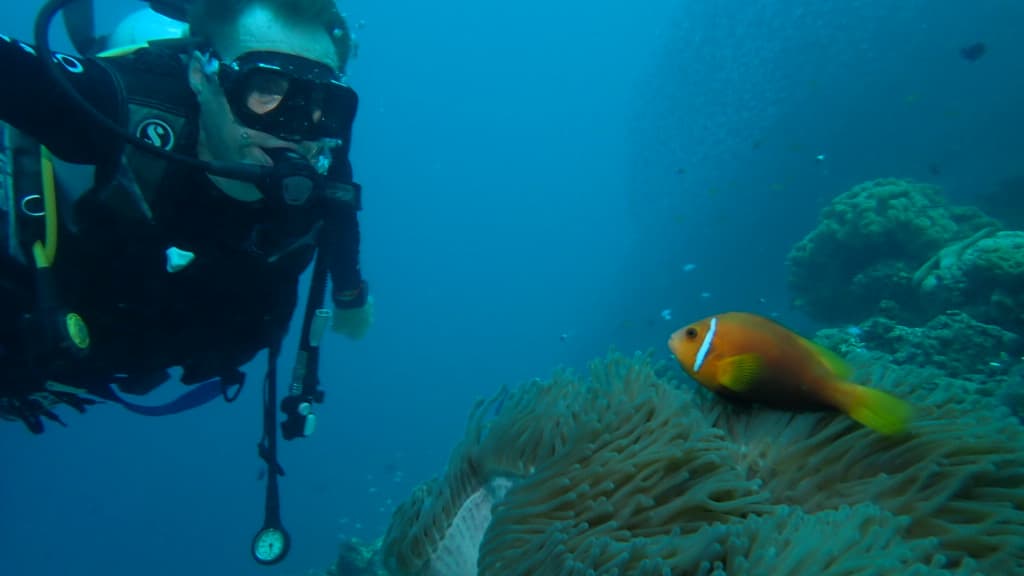

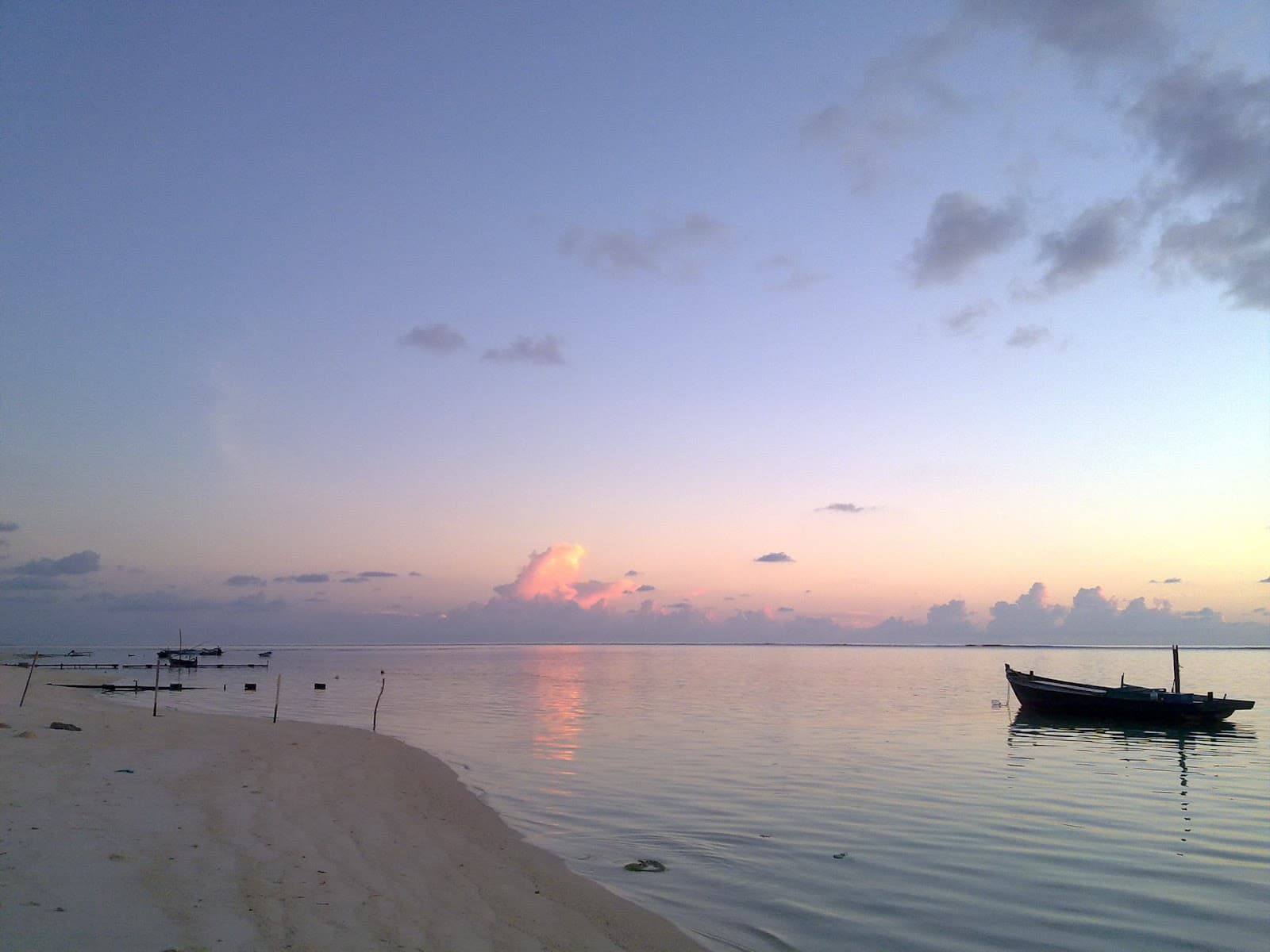

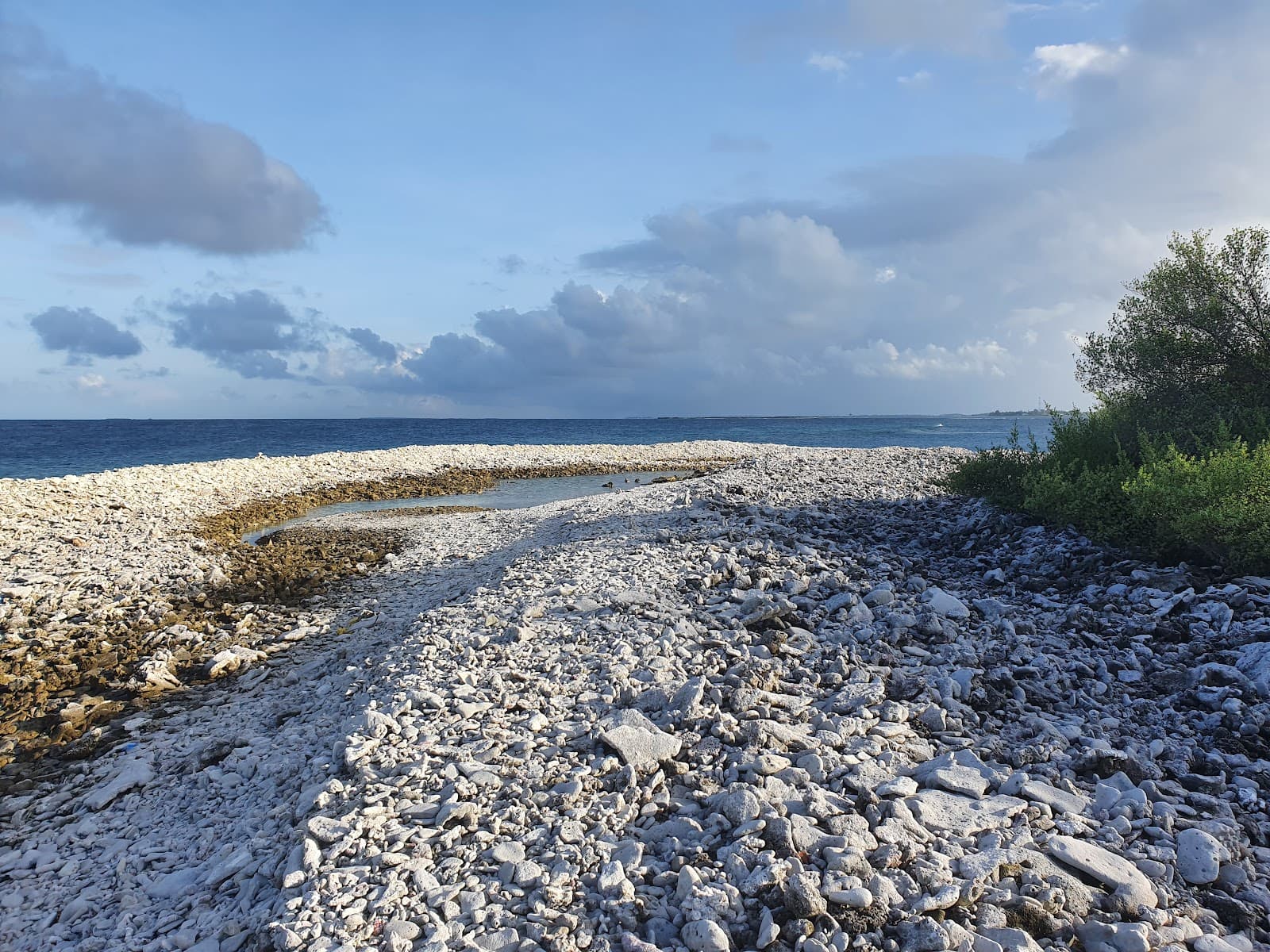
Social
from TikTok, Instagram & Reddit